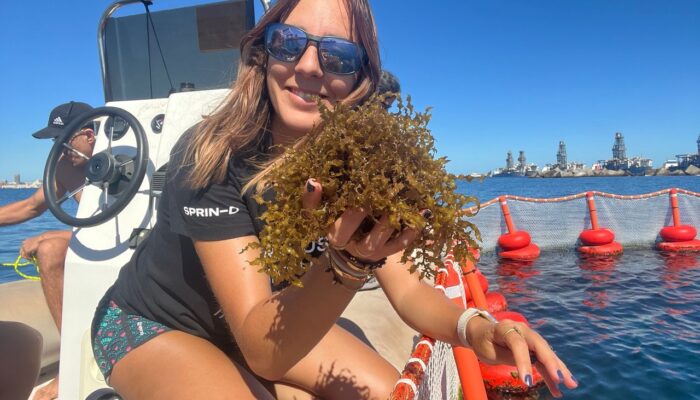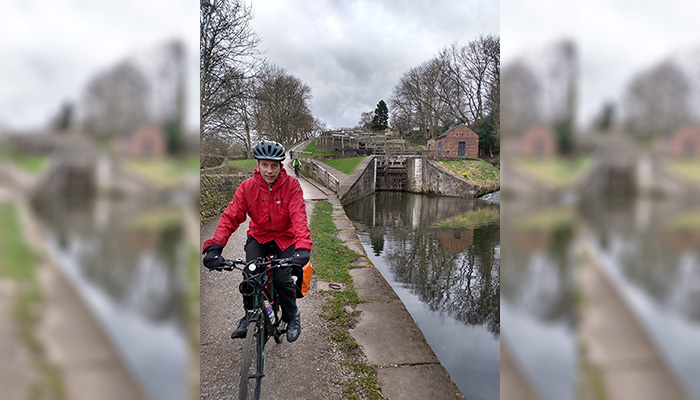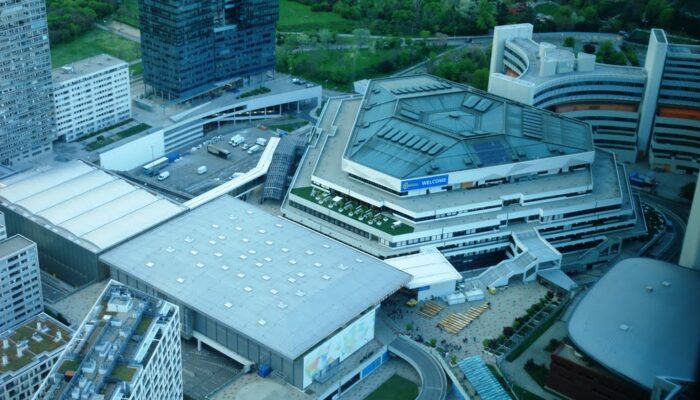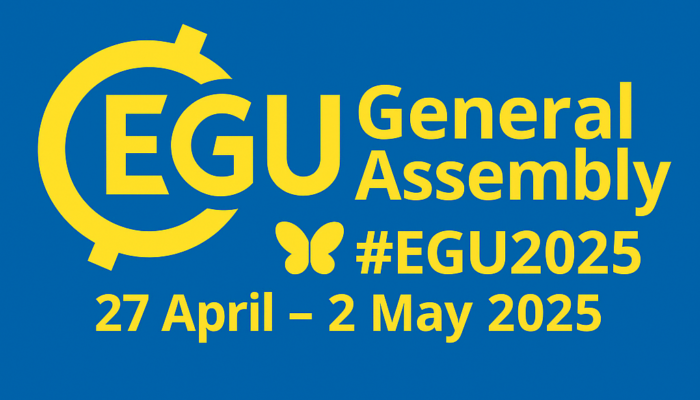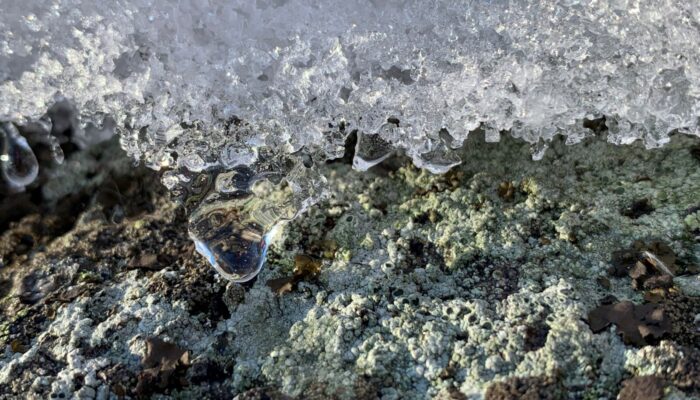This year marks the 20th anniversary of the EGU Geomorphology Division (GM). Many of us have found community, experienced our first conference presentation, and furthered our careers through GM. GM has grown to be mid-sized for EGU standards with ~700 abstracts submitted in 2024 – but we had to start somewhere. I spoke with GM’s creator and first president, Colin Stark (National Taiwan University) ...[Read More]
Geomorphology
20 Years of GM [Part 1]: Looking Back with Geomorphology Division Presidents!
This year the EGU Geomorphology (GM) division celebrates its 20th year (and it’s been a little over 10 years since our first GM blog post too!), so keep an eye out for exciting celebrations during the General Assembly in April. Ahead of this momentous celebration, we found time to sit down with four of the GM’s past presidents to discuss how EGU, the GM Division and the geomorphology community has ...[Read More]
Ocean Sciences
From Academic Research to Start-Up: A Marine Biologist’s Algae Farming Vision
We chatted with a marine biologist about her exciting journey from academia to becoming an entrepreneur. Discover how her algae farm start-up came to life, learn about the concept, achievements, and challenges she faced, future plans, and finally her advice as well as her take on the importance of bridging the two worlds of academia and industry. Dr. Mar Fernández-Méndez is a marine biologist ded ...[Read More]
Hydrological Sciences
By bike to the General Assembly in Vienna
I’m Duncan Faulkner, a hydrologist working for JBA Consulting, and also President of the British Hydrological Society. My first General Assembly – in Hamburg Thirty years ago, 1995, I was about to board a plane for the European Geophysical Society (EGS) General Assembly in Hamburg, to present my first paper at a conference (on statistical modelling of rainfall, if I remember right). Mu ...[Read More]
Natural Hazards
Discover, Collaborate, Innovate: EGU 2025 is Here!
The EGU 2025 General Assembly, scheduled from 27 April to 2 May 2025 in Vienna, Austria, is one of the most anticipated events in the geosciences field. This year’s assembly is expected to gather thousands of scientists from across the globe, offering an unparalleled opportunity to engage with the latest research, innovations, and trends in Earth, planetary, and space sciences. Whether you’re a st ...[Read More]
Climate: Past, Present & Future
Can we improve our understanding of extreme precipitation events in the Sichuan Basin by using high-resolution regional climate models?
Invited guest from the EGU 2024 Outstanding Student and PhD candidate Presentation (OSPP) Award Context The Sichuan Basin, located at the eastern slope of the Tibetan Plateau in China, is a lowland region that regularly experiences heavy rainfall during the summer months. This is due to its complex topographical features (Fig. 1) and the influence of the East Asian monsoon. The heavy rainfall can ...[Read More]
Geodesy
Geodesy Division Highlights at EGU25: Your Essential Guide
Disclaimer: This is just a small preview of the many other exciting events planned for GA! The annual EGU General Assembly is upon us once again, beckoning geodesy enthusiasts to Vienna for a convergence of scientific exchange and networking. Embracing a hybrid conference format, EGU ensures accessibility for both in-person and virtual attendees. From traditional oral and poster presentations to ...[Read More]
Geodynamics
The Geodynamics Division @ EGU25
With the EGU General Assembly (GA) less than a month away, attendees should start planning their schedules to get the most out of the week. In today’s blog, Geodynamics (GD) Division Early Career Scientist (ECS) representative Garima Shukla highlights the GD Division’s networking events and provides an overview of key events at the GA. Networking Events: Geodynamics Division What: ECS ...[Read More]
Geochemistry, Mineralogy, Petrology & Volcanology
How to Rock Your Next EGU Presentation: Dos and Don’ts of Oral/Poster Presenting
CONGRATULATIONS! Your abstract has been successfully accepted to your desired session. Now what? Panic! Just kidding—you need to create high-quality conference materials (a presentation or poster) and deliver a memorable talk. Luckily, we’re here to help! Creating conference materials can be daunting. With limited time, you want to showcase the importance of your research (Yes, it’s a ...[Read More]
Cryospheric Sciences
Feeling (un)frozen lands: What we can learn from research on ecological grief
Retreating glaciers, shrinking sea ice or thawing permafrost – many of you might have witnessed formerly familiar landscapes being transformed by climate change over the last years, maybe even beyond recognition. And perhaps these undeniable changes have left you feeling sad, angry or anxious about the future, fearing what lies ahead. But did you know there is an entire academic field out there re ...[Read More]

![20 Years of GM [Part 2]: A conversation on change and progress with Geomorphology’s first and current presidents](https://blogs.egu.eu/divisions/gm/wp-content/blogs.dir/21/files/2025/04/GM-20th-anniv-banner-9-700x400.png)
![20 Years of GM [Part 1]: Looking Back with Geomorphology Division Presidents!](https://blogs.egu.eu/divisions/gm/wp-content/blogs.dir/21/files/2025/04/4-700x400.png)
